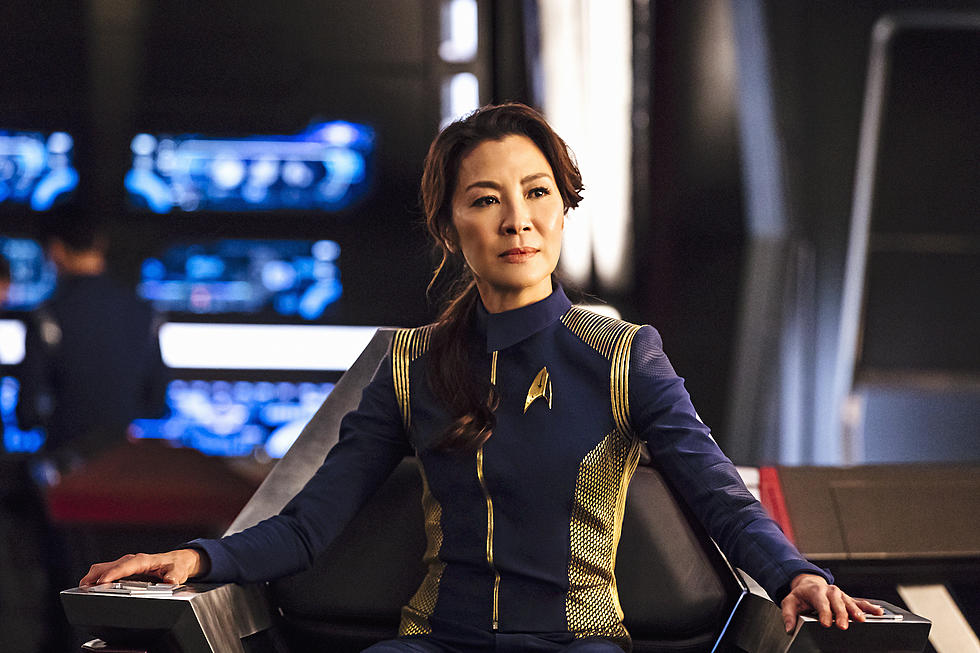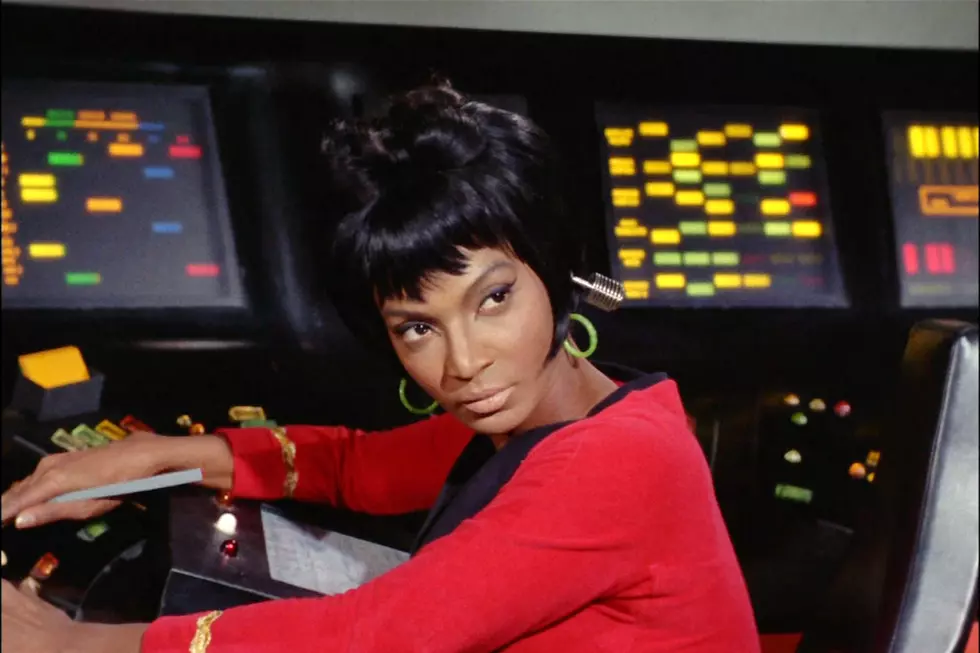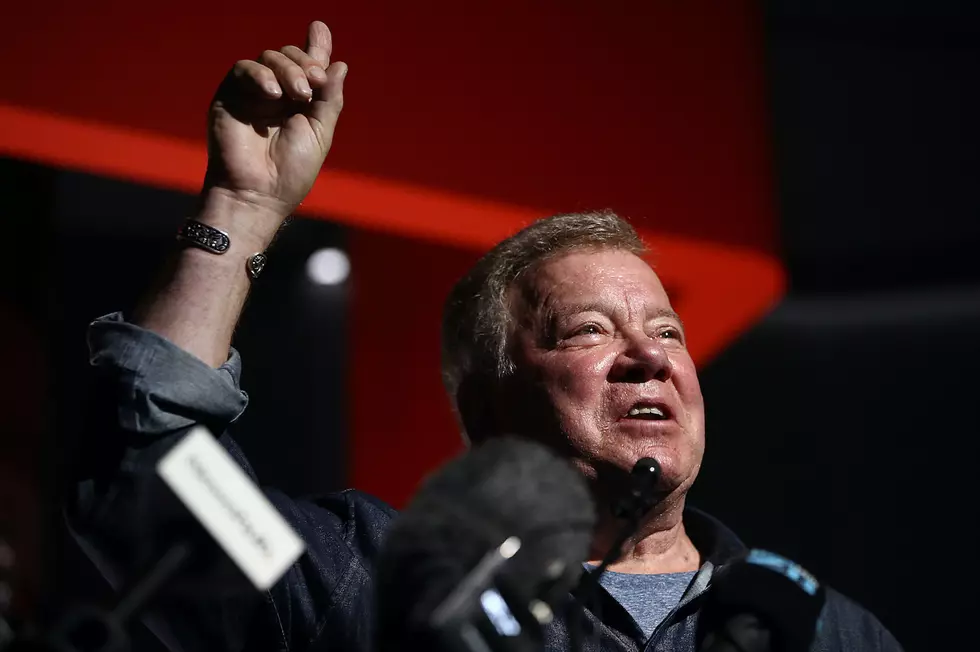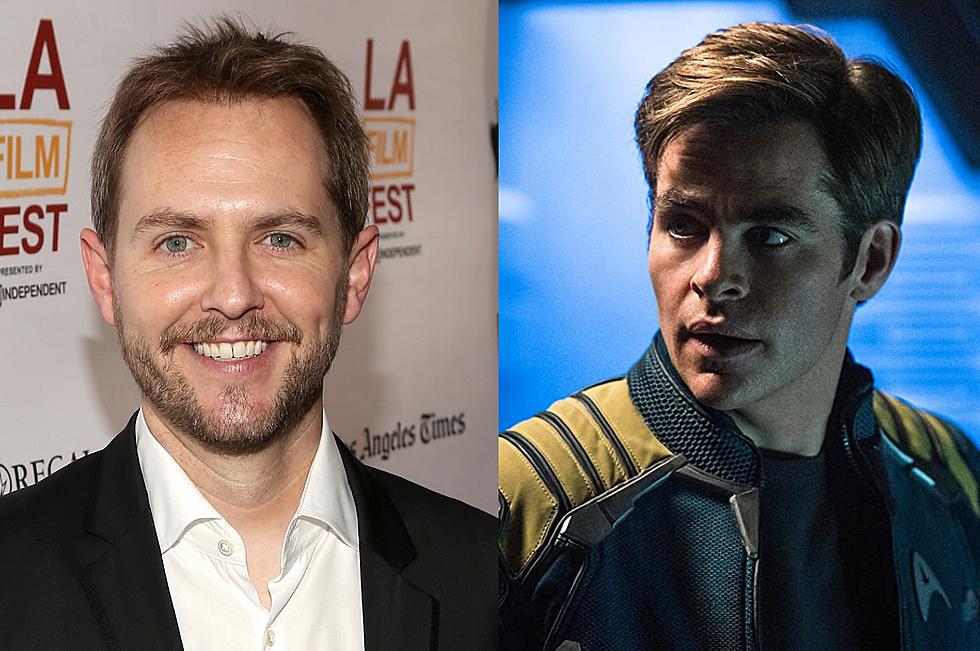
George Takei Calls Sulu Gay Reveal ‘Unfortunate,’ ‘Star Trek’ Actors Respond
When it was announced earlier this week that the Star Trek character Hikaru Sulu, currently played by John Cho, would be revealed as gay in Star Trek Beyond, the forthcoming third film in the 2000s leg of the franchise, many rejoiced. Not among the voices of pleased fans, however, was George Takei, the original actor behind the beloved helmsman of the USS Enterprise.
Speaking to The Hollywood Reporter, the actor and fervent LGBT activist, who is also gay himself, admitted that while he was "delighted" of news that a gay character would be introduced within the iconic sci-fi series, he did not feel like it was appropriate to make Sulu that character.
"Unfortunately, it’s a twisting of Gene [Roddenberry's] creation, to which he put in so much thought," Takei revealed. "I think it’s really unfortunate."
The actor's opposition to the decision to reveal Admiral Sulu as gay as a tribute to Takei — a decision made by the film's writers Simon Pegg and Justin Lin —stems from his support of the series' visionary, Roddenberry, who he claims was a "strong supporter of LGBT equality," as well as Takei's desire to stay true to what has already been established within the Star Trek universe.
When Cho first called him back in 2015 to tell him the big news about Sulu, Takei recalls urging the filmmakers to reconsider and instead create a new, original character.
"I told him, 'Be imaginative and create a character who has a history of being gay, rather than Sulu, who had been straight all this time, suddenly being revealed as being closeted,'" the actor explained.
Understandably, some members of Star Trek's current cinematic cast have respectfully expressed their disappointment over Takei's disapproval.
Writing to The Guardian, Pegg stated, "I have huge love and respect for George Takei, his heart, courage and humor are an inspiration. However, with regards to his thoughts on our Sulu, I must respectfully disagree with him."
He also went on to add that since the 2009, 2013 and 2016 films take place in an alternate timeline, it makes sense to allow for nuanced changes for the characters, particularly if those changes can lead to more diverse representation.
"Our Trek is an alternate timeline with alternate details," he explained. "Whatever magic ingredient determines our sexuality was different for Sulu in our timeline. I like this idea because it suggests that in a hypothetical multiverse, across an infinite matrix of alternate realities, we are all LGBT somewhere. Whatever dimension we inhabit, we all just want to be loved by those we love (and I love George Takei)."
Zachary Quinto, the actor who plays Spock in the films (following Leonard Nimoy's iconic original portrayal), also disagreed with Takei.
"As a member of the LGBT community myself, I was disappointed by the fact that George was disappointed," he told Pedestrian TV.
"I get it," Quinto added. "[Takei] has had his own personal journey and has his own personal relationship with this character but, you know, as we established in the first Star Trek film in 2009, we've created an alternate universe, and my hope is that eventually George can be strengthened by the enormously positive response from especially young people who are heartened by and inspired by this really tasteful and beautiful portrayal of something that I think is gaining acceptance and inclusion in our societies across the world, and should be."
From ScreenCrush: Behind-the-Scenes of Star Trek Beyond
More From 107.3 KFFM










